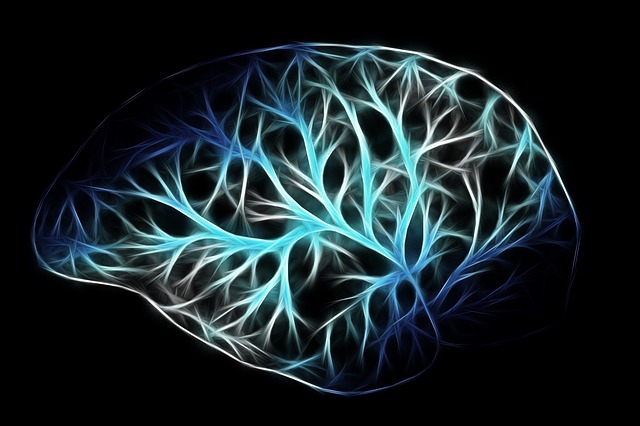
In This Episode…
In today’s episode I reflect on one of the two main barriers to developing a Growth Mindset which is an assumption that our traits are fixed. I explore the definition of neuroplasticity and its implications for a Growth Mindset.
I also identify reference points from my past that prove I am able to change and develop new skills. If that is true, what’s the problem then? In this episode I reveal where I think my challenge lies.
Episode Show Notes
00:15 – Carol Dweck identifies two main barriers to the development of a Growth Mindset:
- An inner monologue focused on “How well am I doing?”.
- An assumption/belief that our personal traits and abilities are fixed.
01:00 – I am currently working on my inner monologue and I have already had some success this week.
01:21 – A book recommendation – Bounce by Matthew Syed. This is the book that addresses the talent myth and first introduced me to the concept of a Growth Mindset.
01:40 – We’ve known for a long time that the brain is malleable just by watching a baby grow up.
02:35 – For a long time it was thought the adult brain was fixed. Neuroscience has now shown the brain to be plastic.
03:06 – A medical definition of Neuroplasticity from Medicinenet.com:
Neuroplasticity: The brain’s ability to reorganize itself by forming new neural connections throughout life. Neuroplasticity allows the neurons (nerve cells) in the brain to compensate for injury and disease and to adjust their activities in response to new situations or to changes in their environment.
Medicinenet.com
03:37 – The WikipediA definition of neuroplasticity:
Neuroplasticity, also known as brain plasticity, neuroelasticity, or neural plasticity, is the ability of the brain to change continuously throughout an individual’s life, e.g., brain activity associated with a given function can be transferred to a different location, the proportion of grey matter can change, and synapses may strengthen or weaken over time.
en.WikipediA.org
04:59 – The fundamental belief to develop is if the brain can change then I can change.
05:22 – Examples of how I have developed new skills over the years (all since I turned 40):
- I learned to ride a motorbike to an advanced level later in life.
- 06:34 – I developed a vocabulary of over 800 words of Spanish for a solo motorcycle tour round Spain.
- 07:07 – I gained a first dan black belt in Aikido
- 07:26 – I have learnt to dance.
08:20 – The big problem I have is the thought patterns and beliefs that trigger me into fixed mindset behaviour. That’s what I will work on.